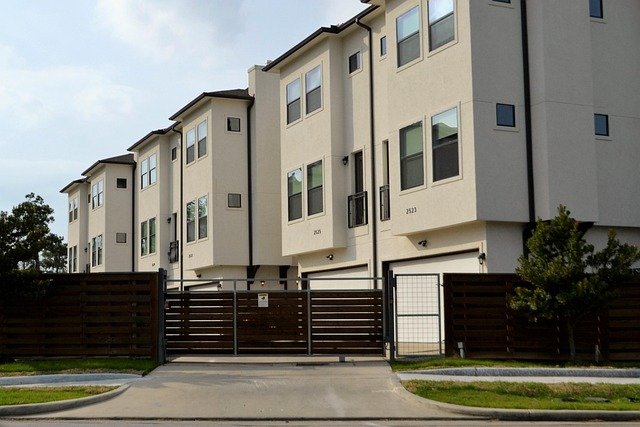Understanding the Pivotal Role of Telecommunication in Smart Cities
Worldwide, cities are becoming smarter, leveraging the prowess of cutting-edge technology and telecommunication services to bolster efficiency, sustainability, and livability. Can you imagine a world where data from millions of devices is harnessed to enhance urban life? This is the reality we're stepping into, thanks to the integration of telecom services in the development of smart cities.

The Dawn of Smart Cities
The concept of smart cities is not new. It dates back to the 1990s when the idea was to integrate information technology in urban infrastructure to drive efficiency. However, the smart cities of today are far beyond that initial concept, thanks to advancements in telecommunications. From the rise of broadband networks to the proliferation of mobile devices, telecom services have become the backbone of these intelligent urban ecosystems.
The Role of Telecommunication in Smart Cities
Telecommunication services are instrumental in driving the digital transformation of cities. They facilitate the seamless exchange of data between various devices, systems, and platforms, enabling real-time monitoring and management of city resources. From smart grids and intelligent transportation to digital healthcare and public safety, telecom services are central to the functionality of a smart city.
The Impact of Telecom Services on Urban Life
Telecommunication services in smart cities are not just about infrastructure; they also have a profound impact on the quality of urban life. By enabling real-time data exchange and communication, they enhance public services, reduce energy consumption, improve security, and promote economic growth. However, this transformation also brings challenges, such as data security and privacy concerns, which need to be addressed.
Practical Applications of Telecom Services in Smart Cities
Telecom services are being applied in numerous ways to make cities smarter. For instance, smart meters use telecom networks to relay information about energy usage, enabling more efficient energy management. Similarly, telecommunication services support intelligent transportation systems that optimize traffic flow and reduce congestion. These examples illustrate the practical applications of telecom services in enhancing urban life.
Looking Forward: The Future of Telecom in Smart Cities
As cities continue to evolve, so too will the role of telecommunication services. Future trends suggest a growing emphasis on data analytics, artificial intelligence, and machine learning, which will further enhance the capabilities of smart cities. However, this will require continuous investment and innovation in telecom infrastructure and services.
In conclusion, telecommunication services are at the heart of the smart city revolution. They enable the digital transformation that is making our cities more efficient, sustainable, and livable. As we look to the future, it’s clear that telecom will continue to play a pivotal role in shaping the urban landscapes of tomorrow.




